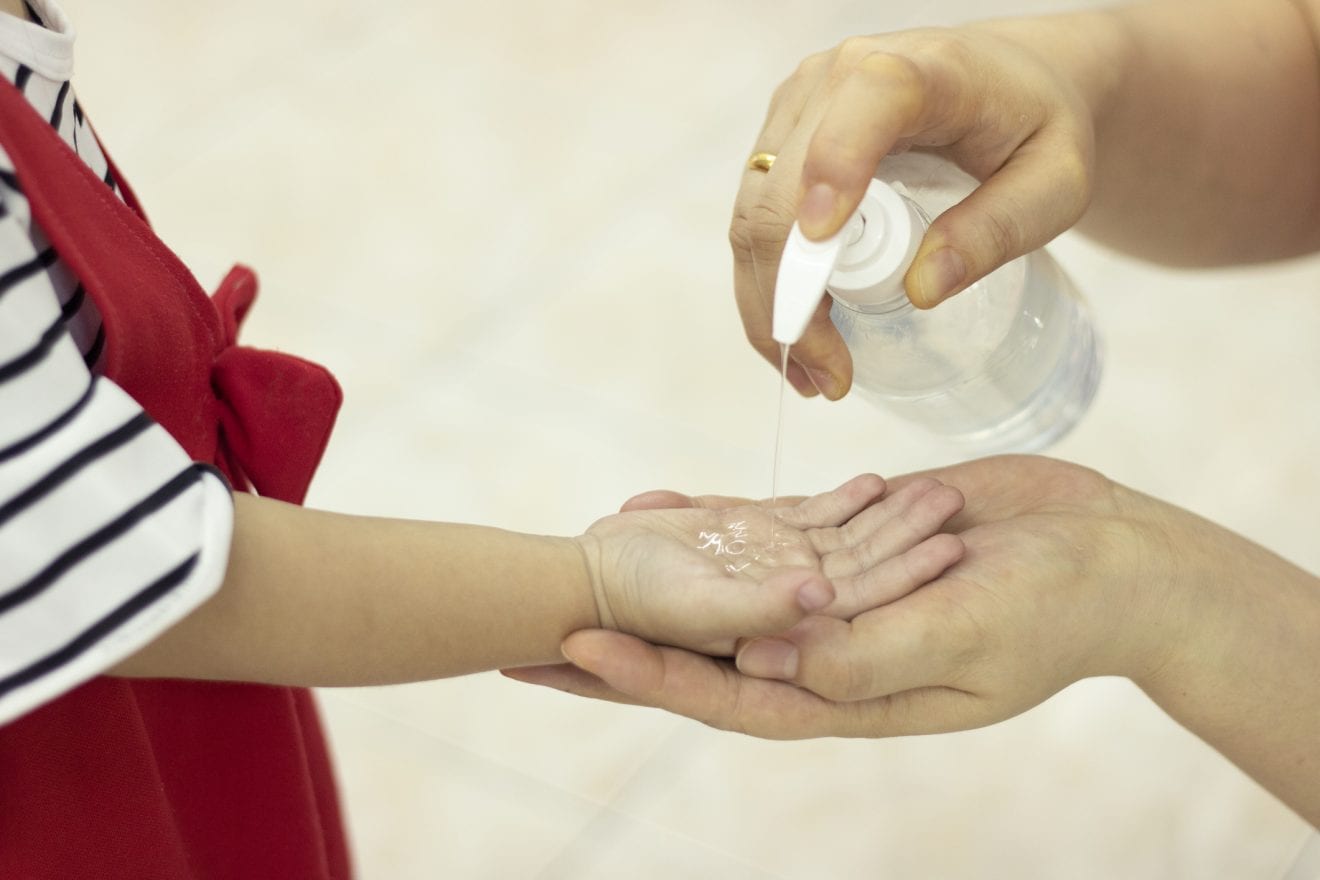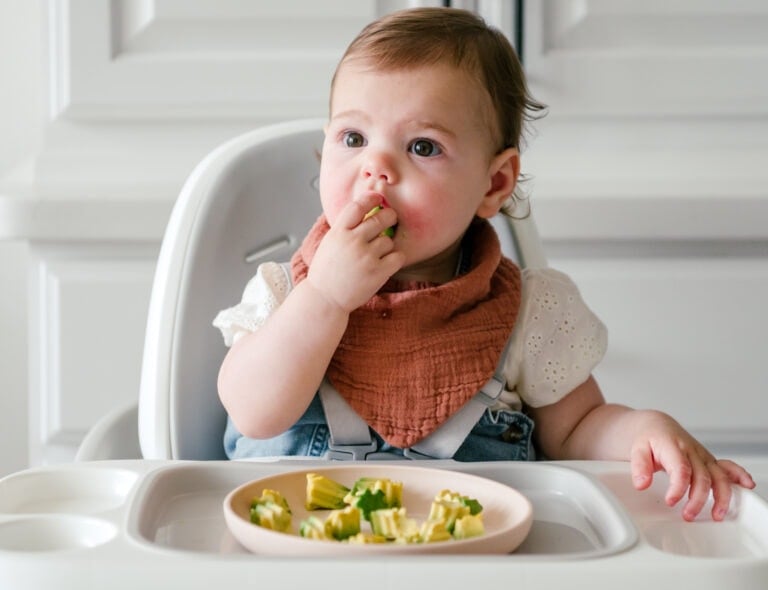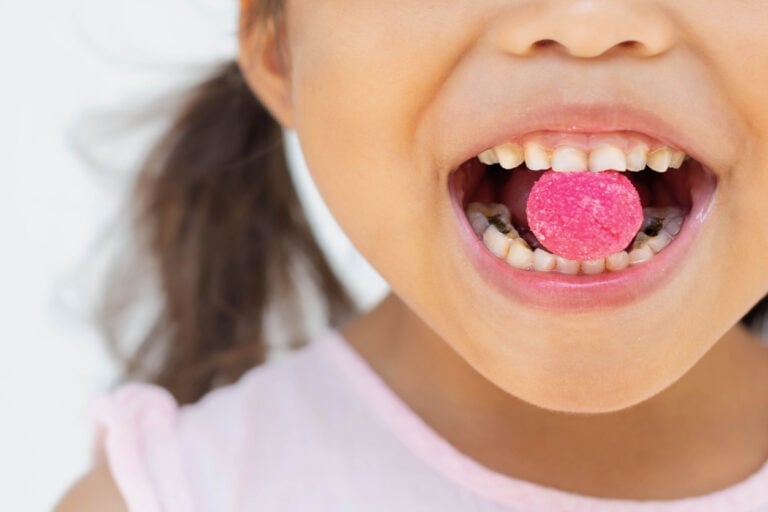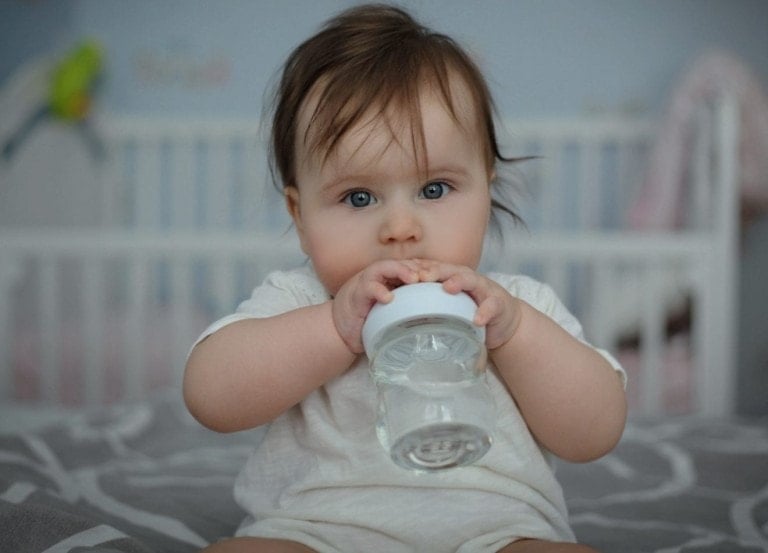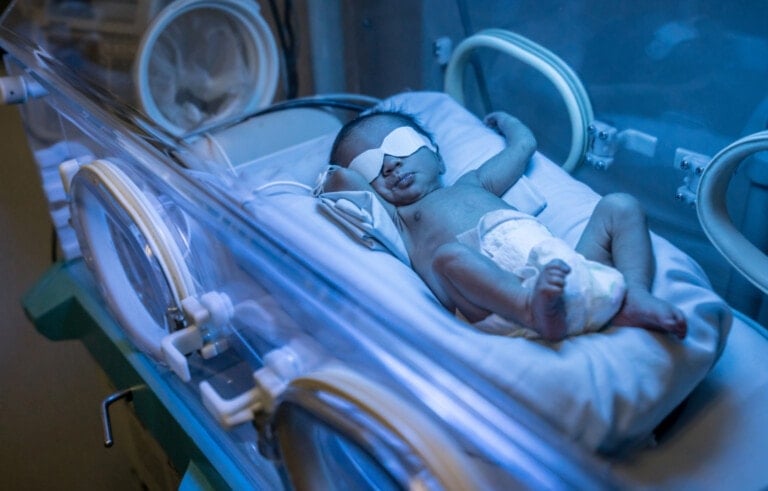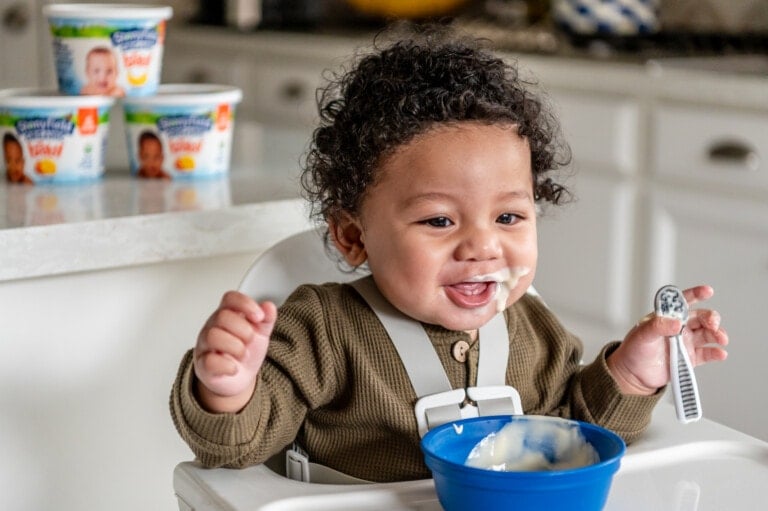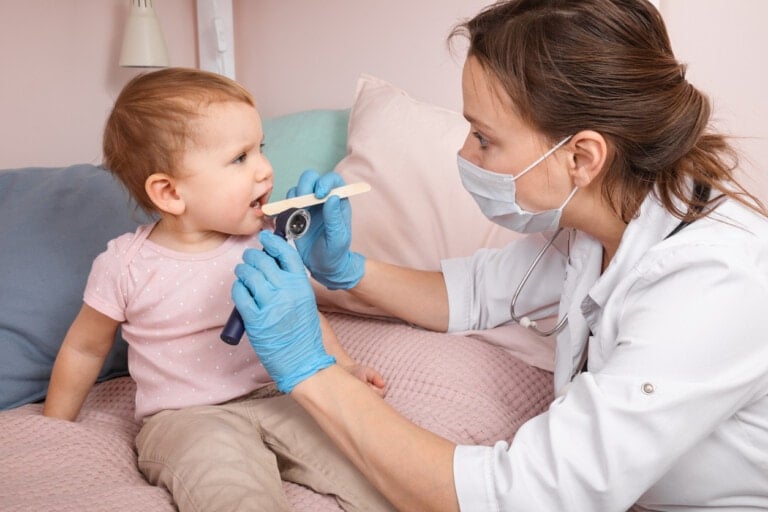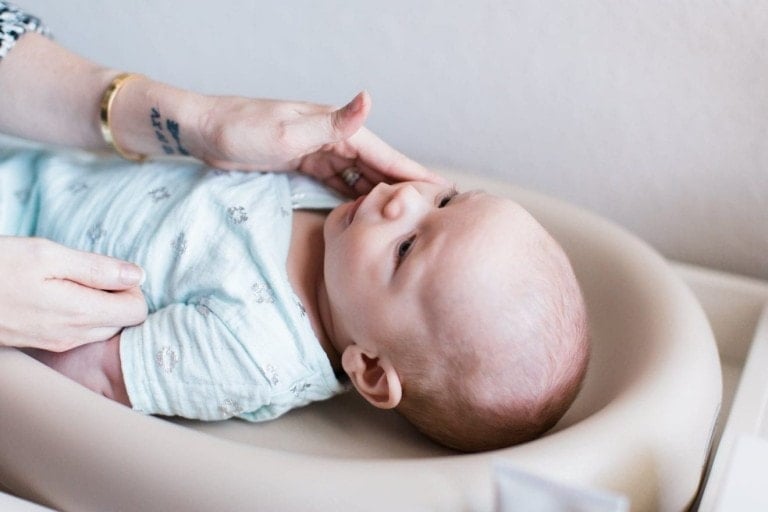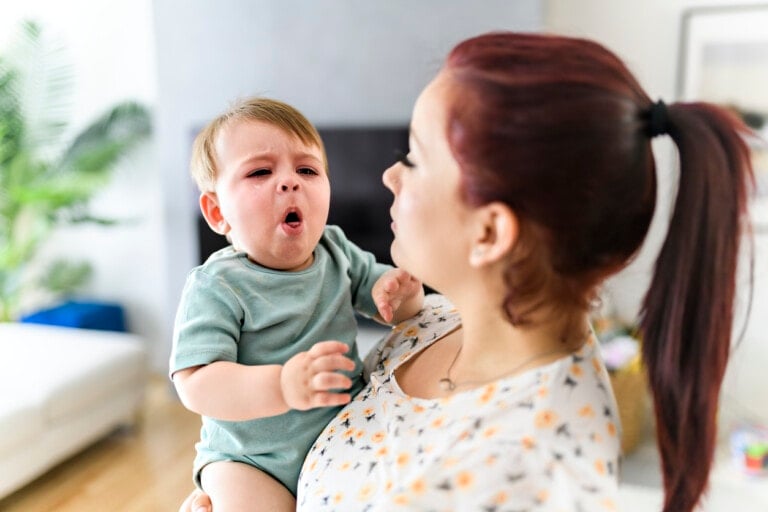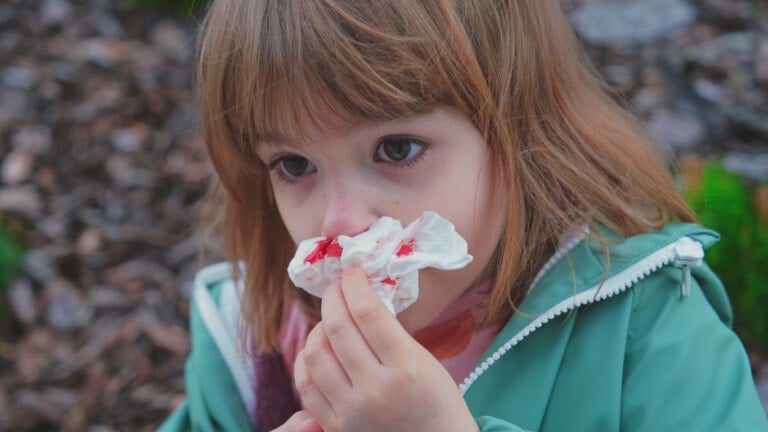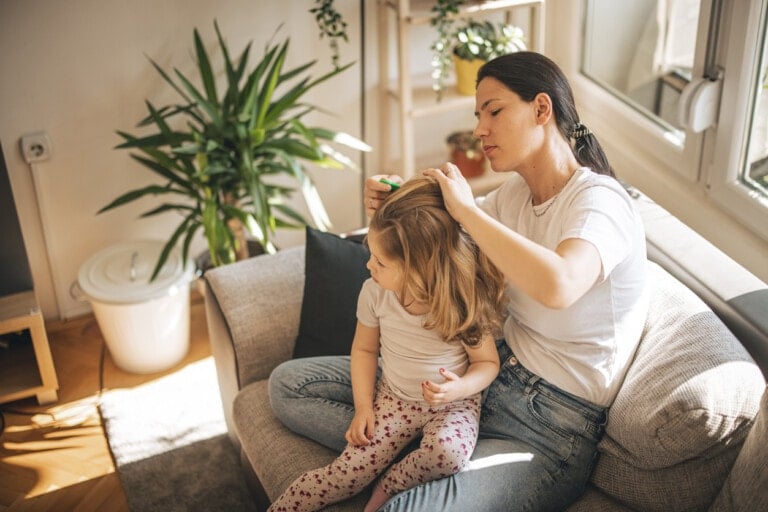The Coronavirus, now formally referred to by the Centers for Disease Control and Prevention (CDC) as 2019 novel Coronavirus or 2019-nCoV, has consumed most of the recent media headlines across the world. The deadly virus is spreading and now infecting over 64,000 people spanning from China all the way to the U.S. Everyone in the world has a growing concern and should look into taking precautionary measures to prevent the virus from spreading and causing an epidemic. Parents worried for their children being exposed to the virus should educate their loved ones about the virus, including its history.
A Brief History of Coronavirus (2019-nCoV)
The 2019-nCoV stems from a large family of Coronaviruses that cause a wide range of illnesses. It can be as benign as the common cold to more severe diseases such as SARS (Severe Acute Respiratory Syndrome) and MERS (Middle East Respiratory Syndrome).
The World Health Organization (WHO) has declared the outbreak as a global emergency. They note that the viruses are Zoonotic.1 This means the virus comes from animals. Some common signs of the infection include respiratory symptoms, fever, cough, shortness of breath and breathing difficulties. In more severe cases, infection can cause pneumonia, severe acute respiratory syndrome, kidney failure and as we have seen with the current virus, death.
The 2019-nCoV was found first in the Wuhan region of China. It has since spread to 24 other countries. And the overall number of cases continues to grow. At the moment, there is no vaccination. But Reuters reports that a vaccine could be ready in 18 months.2 While waiting for a vaccination, implementing everyday prevention methods until it is ready is key.
So far, it appears the youth has been somewhat protected from this particular outbreak for reasons unknown. While children have certainly contracted the virus, including two newborns so far, the severity seems to be blunted. However, it is still important to be informed on the prevention of the virus to slow its spread for the benefit of all.
How to Protect Your Children From Coronavirus
Here are some tips to avoid contracting and spreading the virus:
Avoid People Showing Symptoms
- Parents should avoid exposing their children to anyone who is sick with symptoms of any respiratory infection. Specifically, avoid those who are known to have traveled to affected regions. Also avoid those who have come in contact with someone who has traveled to affected regions.
Use Proper Hygiene Techniques
- The proper hand-washing technique should be for at least 20 seconds. Having your child sing the Happy Birthday song or their ABC’s helps them reach a goal while getting rid of germs. Using antibacterial soap and rinsing with warm water will kill the germs on their hands.
- Teach your children proper hand-washing and how often it should be done. This should include before and after they eat as well as after using the bathroom, blowing their nose, coughing, or sneezing.
- School children are exposed to many more germs. While in school, children should be washing hands after touching door handles, papers, pencils and other classroom materials.
- Covering your mouth and nose prevents the spread of germs. Stress to your child that they should be covering their mouth and/or nose before coughing or sneezing to prevent any germs from being spread.
- Supply your school-aged child with a pocket-sized hand sanitizer tube. This makes it much easier to sanitize their hands.
Healthy Immune System
- Provide your children with healthy food options. Foods loaded with Vitamin C and antioxidants will keep their immune system strong so they can fight off any sickness.
- In addition to a healthy diet, encourage exercise and rest. These are imperative to a young child’s immune system. Contributing efforts to keep them active and well-rested are key factors to ensure their bodies are strong enough to fight off germs.
Flu Vaccine
- While the 2019-nCoV is something to be mindful of, the flu should be a primary concern because it is much more common and can be just as dangerous. Making sure your child is updated with their flu vaccine can help prevent them from getting a serious case of the common flu.
The question of how long the Coronavirus will be around and a threat to the public is unknown. But we can all take steps in keeping it short-lived. This starts with teaching yourself and your children proper ways to prevent the spread of illness. With more people proceeding with caution and using preventative measures we can hopefully move quickly to reduce and eventually halt the spread of the Coronavirus.
If you would like to read some FAQ’s about the 2019-nCoV, WHO has you covered here.













